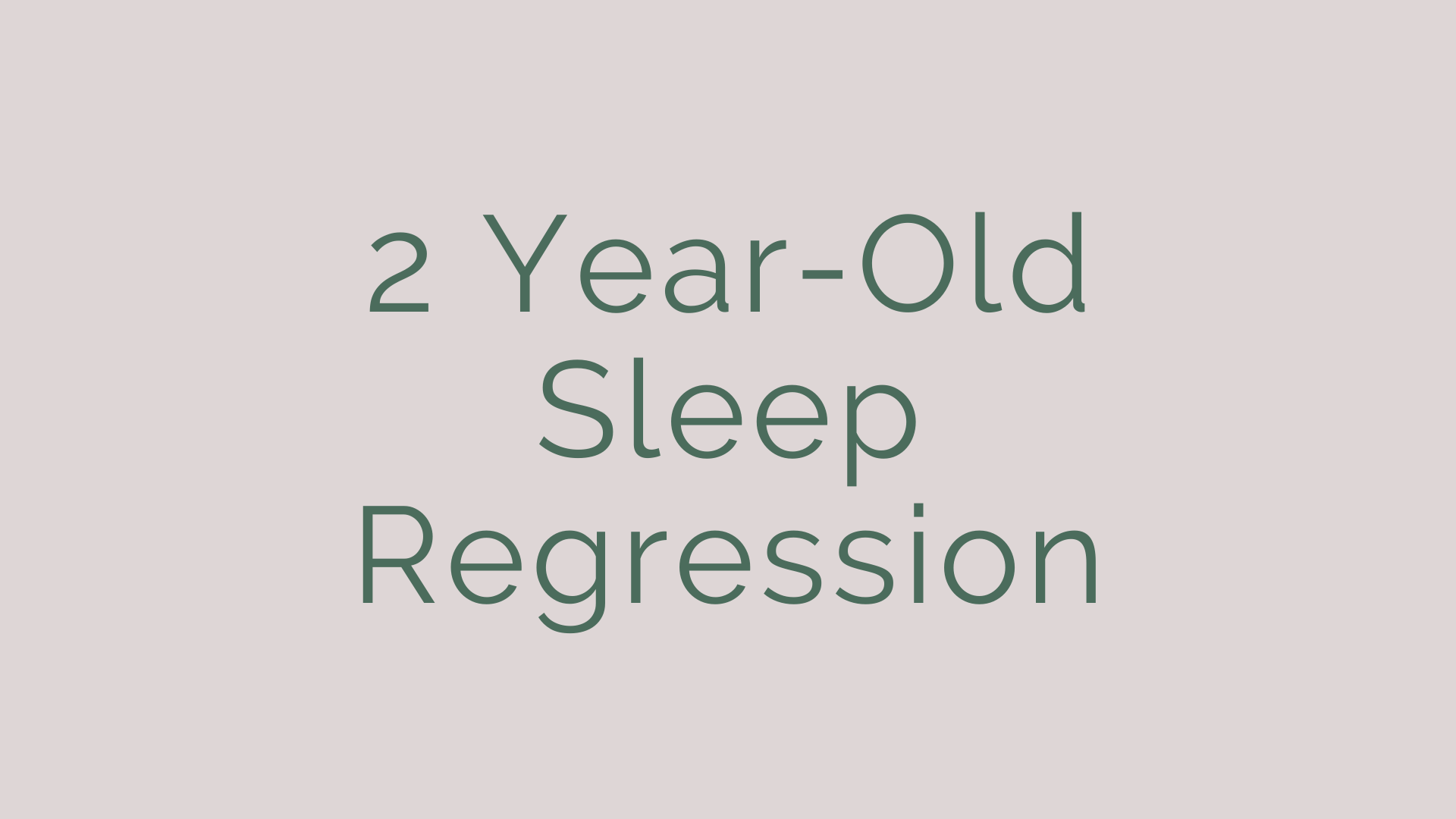Baby temperament and sleep training heavily influence each other. And I can speak directly to the role a person’s genes play in their personality.

Photo Credit: Yousef Espanioly
Throughout my life, particularly after I had children, I have dealt with varying levels of anxiety. As a more newly married couple, my husband would simply tell me, “Stop worrying about things.” Of course saying this only made me worry more about worrying. A few years ago I discovered the book The Female Brain. Finally! An answer to why I always felt the way I did. It turns out the female brain is highly influenced by the ebb and flow of a woman’s monthly hormonal cycle. Not rocket science, I know. Further, our brain is wired from the womb to have higher levels of empathy. And some could argue more compassion as well than our male counterparts.
The most illuminating part of reading The Female Brain came in the author’s assertion on this… Just because we know the way we often feel is influenced by chemicals in our brains, we do not need to allow these chemicals to rule our lives. For example, I know I am more prone to react to a negative situation with anxiety as I draw nearer to my menstrual cycle. This knowledge allows me to be in more control of my reactions. I can then use other methods to quell my anxious feelings. (Like meditation, certain herbal supplements, self-hypnosis, etc.) So instead of feeling like my anxiety has to rule my life, I feel as if I can have a lot of control of my anxiety.
You’re thinking, great, how does this have anything to do with my baby and their sleep?! Stay with me here…
Baby Temperament and Sleep Training
This brings us to genetics, personalities, children, and sleep. I believe there are several pieces of a puzzle that come together to make up the sleep training process. 1) A child’s natural temperament or personality. 2) The parents’ natural temperament or personality. (And thus their ability to be consistent in implementing the sleep training plan itself.) And 3) the type of training method the parent chooses.
These three factors together total the sum of the sleep training experience. However, they do not usually make up equal parts. Let’s take, for example, a child who is extremely strong willed. Their parents’ consistency, and the type of method chosen, will often take a back seat to the child’s personality fighting the process itself. Conversely, if a child is very mellow, and the method is very lax, but the parent is strong-willed and hyper consistent in implementing the method, sleep training will be successful faster.
Every Child is Different
It is extremely important for parents to use the knowledge that a baby’s personality greatly impacts the sleep training process to their advantage. At the very least, a mother can know that two babies (ie. her own and her friend’s baby) undergoing the same training method, at the same age, will almost certainly not react identically. Why would they?
A child’s personality has a lot to do with how quickly, and easily the sleep training process will be. An easy going baby will take well to any type of method, and its regular or intermittent implementation. Generally speaking, the more stronger willed the child, the more that child will benefit from extreme consistency on the parent’s part in implementing the training method.
Strong Willed Children Need Less Help
Additionally, strong willed children generally benefit from methods where the parents don’t do a lot of the “helping” in getting a child to sleep. Easygoing kids don’t mind terribly if their parents check in on them while they (the child) are trying to figure out how to fall asleep on their own. A very strong willed child is more likely to stay awake to see if their parent’s next check-in will be the time they are finally able to get what they think they need in order to fall asleep. (Ie. bottle, nursing, rocking, bouncing). One can imagine that a very strong willed child can wear down the defenses of an easy going parent.
Sleep Is Worth It
Just because our personalities are largely determined by genetics does not mean that a parent can absolve themselves of guiding and disciplining their children. It’s not true that “they’ll turn out the same way no matter what.” To the contrary! Being armed with the knowledge that a child’s temperament influences how resistant they may be to change, or to learning new things on their own, means the parent needs to make sure they increase their loving consistency to help guide their child. This will help them grow into happy and healthy adults.
This advice not only goes for sleep, but also in all other discipline areas. Awareness of a child’s personality should also guide a parent to know what battles to fight, and which to let go. In my opinion, sleep is always a beneficial battle to wage. Your child will benefit greatly from healthy sleep habits throughout their childhood and into the rest of their life.
If you would like to know more about sleep training, it’s benefits, and where to begin, sign up for my newsletter!





Leave A Comment